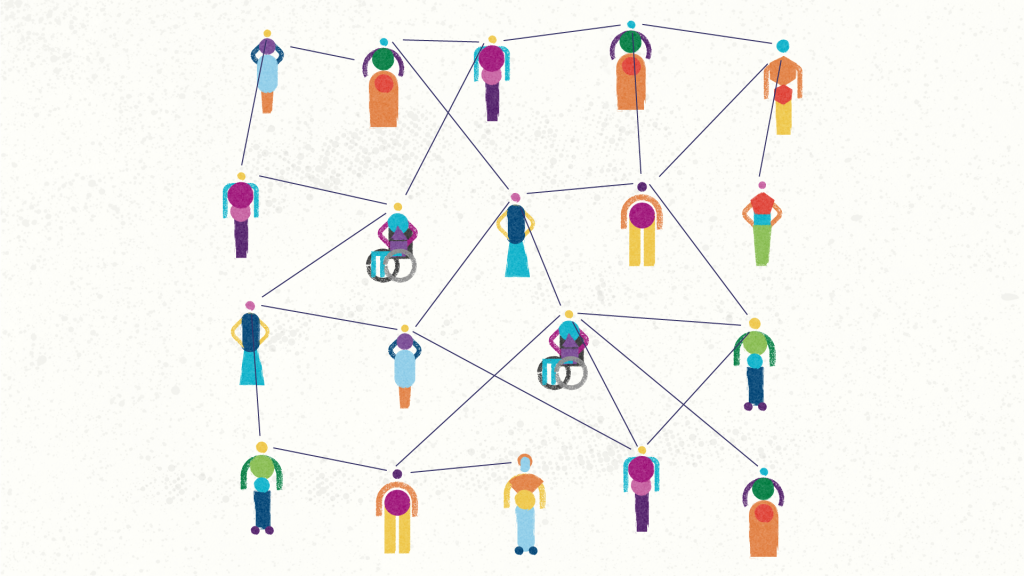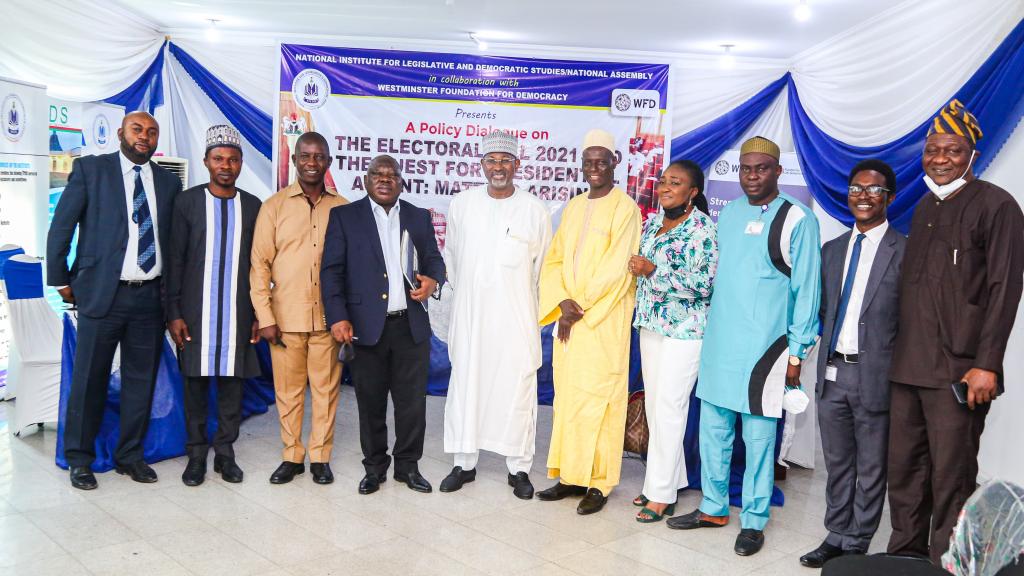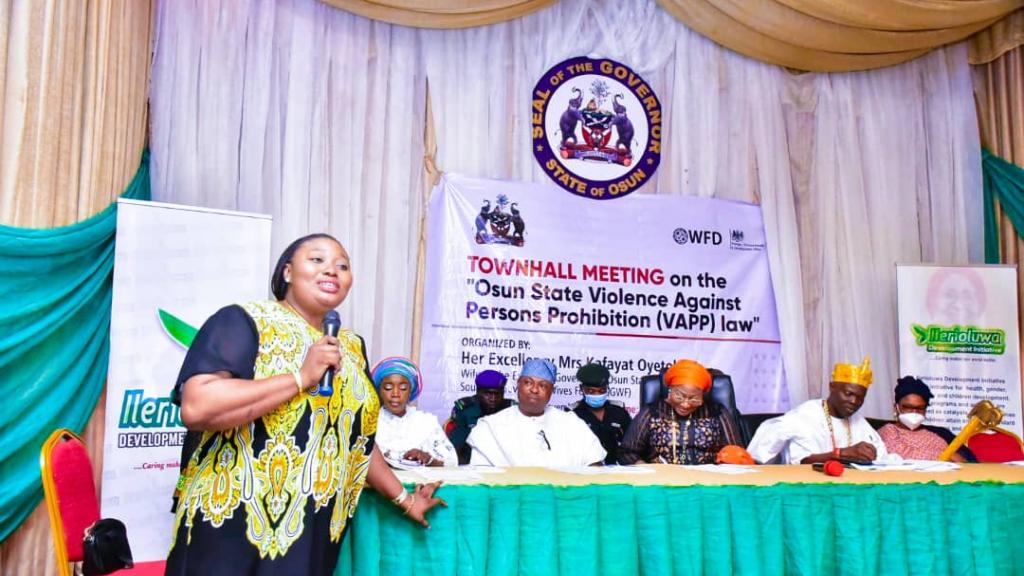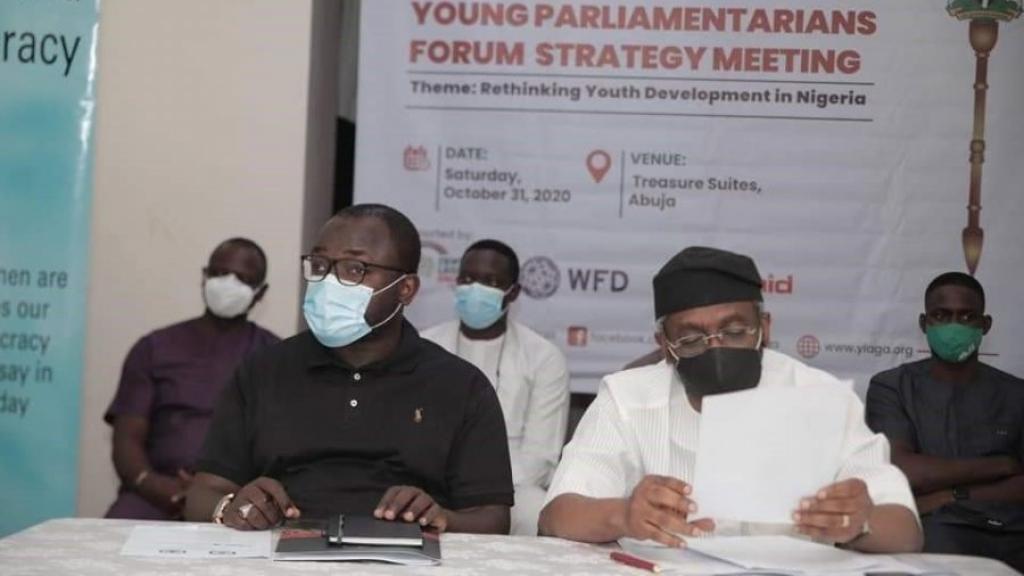In Nigeria, the active participation of all citizens, including Persons with Disabilities (PWDs), is a matter of right as contained in the Discrimination Against Persons with Disabilities (Prohibition) Act (2018) and is crucial for a robust democracy. Despite constituting a significant portion of the population, PWDs often encounter substantial barriers that limit their involvement in political parties and governance. To address these challenges, this document establishes minimum standards for the inclusion of PWDs in the political parties, aiming to enhance accessibility, representation, and compliance with legal frameworks. Through implementing these standards, political parties can play a pivotal role in promoting equality and strengthening democratic processes in Nigeria.
This document is developed through comprehensive methodology including reviews of national and international legal frameworks, best practices from political systems that have successfully integrated PWDs, reports and case studies from disability rights organisations, electoral bodies, and input from stakeholders such as PWD advocacy groups, and political parties. Consequently, these guidelines offer practical recommendations to promote an inclusive political environment. The expected outcomes encompass the establishment of inclusive policy frameworks, practical guidelines for implementation, proposals for legislative amendments, and nationwide awareness campaigns to promote the rights and active participation of PWDs.
When political parties in Nigeria adopt these standards, they can ensure that PWDs are not only represented but also actively participate in decision-making processes, thereby enriching the democratic fabric of the nation.




